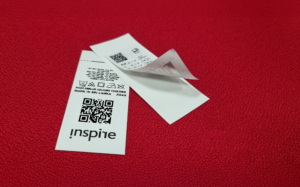News
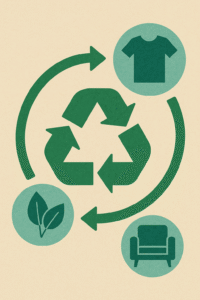
Axfoundation boosts circular solutions in SwePass
In SwePass, the textile demonstrator and the policy lab are key arenas for testing and learning. Here, Axfoundation brings expertise in business models and data use to enable circularity in practice.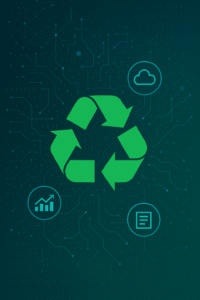
Ragn-Sells brings the recycler’s perspective to SwePass
What kind of data is needed to scale circular material flows? How do we make that data shareable across systems, organisations and value chains? These are the questions Ragn-Sells is exploring in the SwePass project.
ASKET on Traceability, Transparency and Digital Product Passports
Transparency and traceability are central issues for the Swedish fashion company ASKET. According to co-founder Jakob Dworsky, it is not only about showing where the materials come from, but also about educating customers on what it actually takes to produce clothing – and thereby encouraging more conscious consumption.
Building trust and traceability into SwePass
When discussions turn to digital product passports, the conversation often circles around regulation, technology, and market readiness. But Chaintraced brings another dimension to the table: the hard-earned experience of making digital traceability work in complex, global value chains.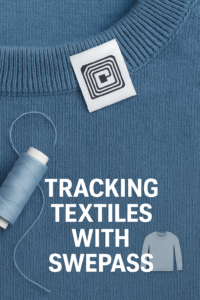
Tracking textiles with SwePass
How do we know what a textile is made of, how long it’s been used, or whether it’s suitable for recycling? In the SwePass demonstrator for the textile sector, RISE and several industry partners are trying to answer exactly that—with the help of digital product passports and a new generation of data carriers and RFID tags.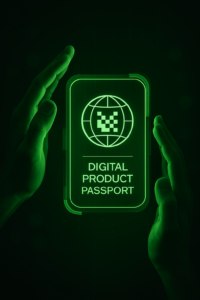
Pass4Sustainability explores how usage-phase data can drive circularity in practice
Most conversations about Digital Product Passports (DPPs) focus on raw materials and production. But what about what happens after the product is sold? That’s the focus for Pass4Sustainability, a research project led by Jönköping University - now part of the SwePass consortium.
Why your next receipt might be a passport too
The humble receipt is getting an upgrade. As the EU moves toward mandatory Digital Product Passports (DPPs), one Swedish tech company is reimagining how we keep track of what we buy—and what comes next. Fryda is turning everyday receipts into smart tools for ownership, transparency and sustainability.
Making Environmental Data Talk: How Environdec helps build a smarter EPD Future in SwePass
What if environmental data could do more than sit in a PDF? What if it could be traced, shared, and integrated into tools and decisions – across industries and systems? That’s part of what the SwePass project is working toward, and Environdec is contributing with long-standing expertise in making environmental product declarations (EPDs) more useful and more usable.
GS1 unlocks traceability with global standards in SwePass
With an international experience in standardisation and data sharing, GS1 Sweden plays a key role in the SwePass project. Their goal is to enable scalable, secure traceability solutions across industries.